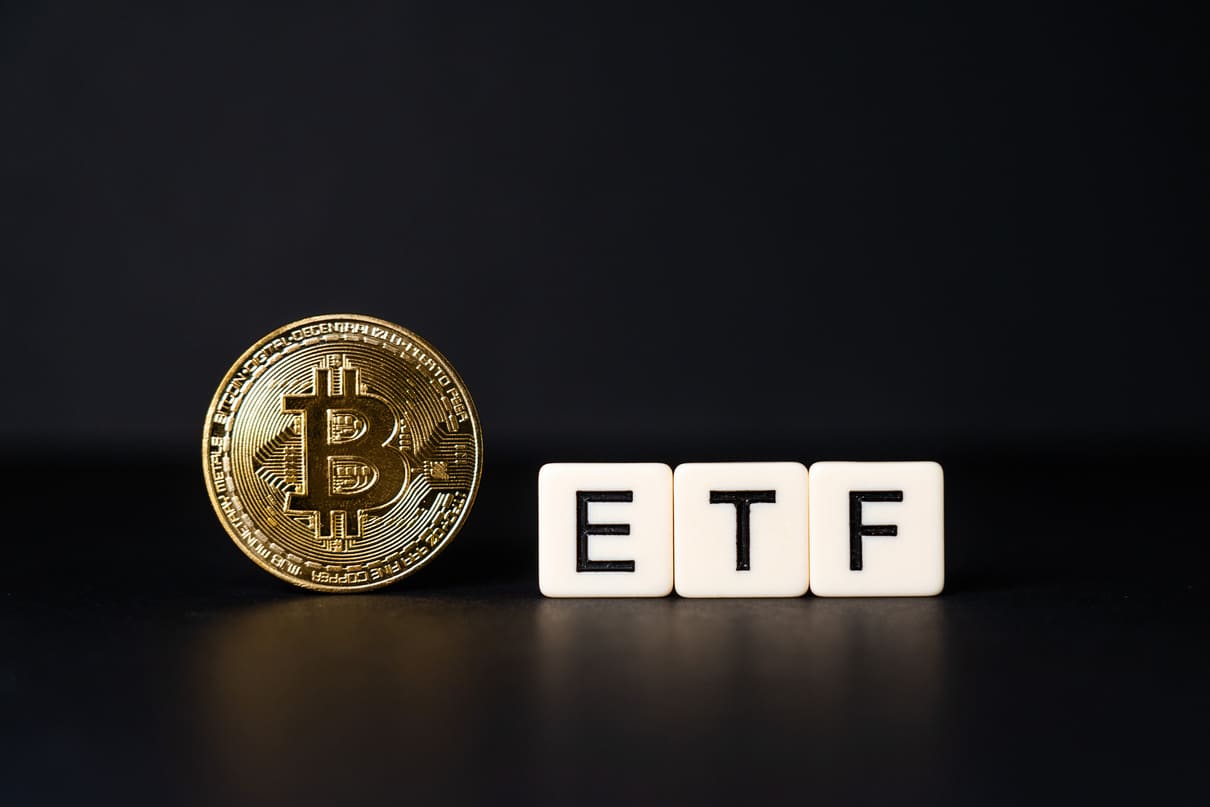How to participate in an ICO-Token Sale

Introduction
Token sales, also known as token generating events (TGE) or initial coin offerings (ICOs), are becoming an increasingly popular method for blockchain and cryptocurrency startups to raise funds. These events allow businesses to raise capital for their projects by issuing digital tokens in exchange for crypto assets or fiat currencies. They offer an alternative to traditional sources of start-up funding such as venture capital (VC) and angel finance.
While the lack of regulatory clarity currently exposes ICO participants to some risks, ICOs have the potential to offer a new way to raise capital for projects enabled by distributed ledger technologies (DLTs) and the blockchain. If appropriately regulated and supervised, ICOs can benefit from efficiencies, cost savings, and speed of execution. Regulated ICOs can also be a more inclusive financing vehicle by allowing small retail investors to participate in the financing of small businesses and start-ups.
However, investors need to approach ICOs with extreme caution. ICOs are very risky and may not be suitable for many investors. Investors wishing to participate in ICO offerings need to have technical skills that go beyond basic technical understanding of the blockchain. Even coding skills may be required for evaluating the start-up. Additionally, financial literacy skills are necessary to understand the risks involved in token issuance and grasp the main elements of token valuation.
With that said, let’s take a look at the key steps to participating in an ICO.
Background Info on ICO – Token Sale
An Initial Coin Offering (ICO) is a fundraising mechanism used by blockchain-based startups to raise capital for their projects. During an ICO, the startup company issues digital tokens in exchange for cryptocurrencies such as Ethereum or Bitcoin. These tokens represent a form of ownership or stake in the project and can be traded on cryptocurrency exchanges. ICOs are usually conducted on blockchain platforms and offer investors the opportunity to participate in the early stages of a project's development.
Most token sales today run on top of the Ethereum blockchain or Binance Smart Chain through a smart contract. This contract collects Ethereum tokens from investors and automatically exchanges them for the new token presented by the startup company. This process happens completely peer-to-peer (P2P) without the need for any exchanges or brokers as middlemen.
Every ICO has a different pricing mechanism. Some ICOs have a fixed price, while others may have a price that increases or decreases over time. In some cases, the exchange rate of the token issued is fixed, giving investors the opportunity to purchase as many tokens as they like at that fixed price. This mechanism is appealing to large investors because they don’t have to worry about influencing the price by purchasing a large number of tokens.
An ICO is different from an IPO, or initial public offering, because it does not involve selling shares of a company or giving up any ownership rights. Instead, an ICO is more like a pre-sale of a product or service that is not yet available.
After a token sale ends, there is usually a cool-off period where tokens might be frozen (investors are not allowed to transfer their coins for a certain amount of time) or kept away from exchanges. After the end of the cool-off period, exchanges can start listing the token, allowing other people to trade it at a market price.
In conclusion, ICOs offer a new and innovative way for blockchain-based projects to raise capital. However, it is important for investors to approach them with caution and do their due diligence before investing.
Evaluate an ICO Investment: the Due Diligence Phase
Before investing in ICO tokens, it is crucial to take the time to research the project, its token offering, and its technology and perform a due diligence to understand the risks involved.
A good starting point is to read and comprehend the project's whitepaper, which is a document that explains the project, its vision, technology, and goals. The whitepaper will also provide information on how the tokens will be distributed and vested, which are important factors to consider when evaluating a project's potential. Moreover, the whitepaper will often mention which exchange platforms will list the token once it is publicly available.
Another important step is to do background research on the team members behind the project. You should check their expertise and knowledge in the field, as well as their track record in launching and running successful projects. You should also understand their motivations and goals for the project, as well as their vision for its future.
Additionally, you may benefit from analyzing any previous projects they have been involved with to gain more insight into their skills. Finally, you can look for endorsements from other industry experts who may have some experience working with or observing the team's work.
Besides researching the team, you should also do background research on the project itself. You should understand the technology behind it, how the tokens will be used in the ecosystem, and who are the potential competitors. You should also have a clear idea of what problem the project is trying to solve and how it will benefit its users.
When investing in ICO tokens, you should also understand the project details, such as tokenomics. Tokenomics refers to the design of a project or its token, and how it will affect its value and utility. By understanding the different aspects of token design, you can ensure that your investment decisions match your financial goals and risk appetite.
In summary, doing your due diligence before investing in ICO tokens can help you make smarter decisions. You should take the time to understand the project, its token offering, and its technology. You should also research the team members and their previous projects, as well as the market and competition. By doing so, you can confidently make well-informed choices.
How to Buy into an ICO
Here are some steps to follow when participating in an ICO token sale:
- Conduct thorough research on the ICO project that matches your interests and goals. Various platforms and websites such as ICO Drops, CoinMarketCap or CryptoCompare can help you discover and evaluate different ICOs based on their ratings, reviews, team, roadmap, whitepaper and other criteria.
- Sign up for the ICO's whitelist or Know Your Customer (KYC) process. This is usually a mandatory step to ensure you are eligible and compliant to participate in the token sale. You may need to provide some personal information, such as your name, email, phone number, address and identity verification documents.
- Prepare your wallet and funds. You will need a compatible wallet that supports the blockchain platform and token standard of the ICO you are interested in. For example, if the ICO is based on Ethereum and uses ERC-20 tokens, you will need an Ethereum wallet that supports ERC-20 tokens, such as MetaMask, Trust Wallet or MyEtherWallet. You will also need to have sufficient funds in the cryptocurrency that the ICO accepts, such as ETH, BNB or USDT.
- Follow the ICO project's instructions and guidelines. Each ICO may have different rules and procedures for participating in the token sale, such as the start and end date, minimum and maximum contribution amount, token price and allocation, vesting and lockup period, and distribution method. You should read and understand all the details before sending your funds to the ICO's smart contract or wallet address.
- Claim or receive your tokens. Depending on the ICO project, you may need to claim your tokens manually or wait for them to be automatically sent to your wallet after the token sale ends. You should check the ICO's website or social media channels for any updates or announcements regarding the distribution of tokens. You should also check that you have received the correct amount of tokens in your wallet.
- Trading or holding your tokens. Once you have your tokens, you can decide what you want to do with them. You can either trade them on an exchange where they are listed, or hold them for potential long-term gains. You should be aware of the risks and rewards of both options and do your own research before making a decision.
What to do after buying ICO tokens?
Investing in ICO tokens entails two main strategies:
- Holding the tokens and receiving dividends. When an ICO project or company matures and gains market trust and recognition, its value increases accordingly. This results in higher returns for investors. Moreover, these tokens often entitle investors to future access to the project's products or services, as well as various perks. This makes ICOs similar to conventional crowdfunding methods where investors are rewarded for their contributions. Some of the possible perks include token bonuses for early investors, free trading, free money withdrawal and deposit, free issuance of an Aurora debit card for worldwide use, and more.
- Trading the tokens. Trading of ICO tokens becomes possible once they are listed on an exchange. At first, Bitcoin and Ether are usually the only trading options. However, as the token demand persists over time, other trading pairs may also emerge. It is important to note that not all ICO tokens achieve listing status. Patience is essential in this endeavor. Investors may have to wait for a long time without seeing consistent returns. They may even incur an immediate loss. On the other hand, there could be a sudden surge in value – which could either indicate a positive future trend or be a one-time event. These surges occur within minutes, so it is crucial to catch them when they happen. Many exchanges provide alerts and notifications for this purpose – it is advisable to make full use of these features.
Conclusion
We can conclude that ICOs are a novel and innovative way of financing projects that leverage the power of blockchain and DLTs. They offer advantages such as lower barriers to entry, greater transparency, and faster execution. However, they also entail significant risks and challenges for both issuers and investors. ICOs are not regulated by any authority and may expose participants to fraud, hacking, or legal uncertainties.
Moreover, ICOs require a high level of technical and financial expertise to evaluate the viability and value of the tokens offered. Therefore, investors should exercise due diligence and caution before engaging in any ICO activity. ICOs are not for everyone and should only be considered by those who have a thorough understanding of the technology and the market.
References
- OECD (2019), Initial Coin Offerings (ICOs) for SME Financing.
- How to buy ICO tokens? (finology.in)
- Introduction to Token Sales (ICO) Best Practices, 2021
- How To Participate In ICO Token Sale: Step-by-Step Guide For Beginners. COMEARTH Blog.
- How to Participate in an ICO - Step-by-Step Guide - BlockchainHub.
- How to Buy into an ICO (Initial Coin Offering) - CryptoCurrency Facts.
- Isler, M. - How To Participate In ICOs: Where To Buy Tokens & Invest Safely. iMi Blockchain.





